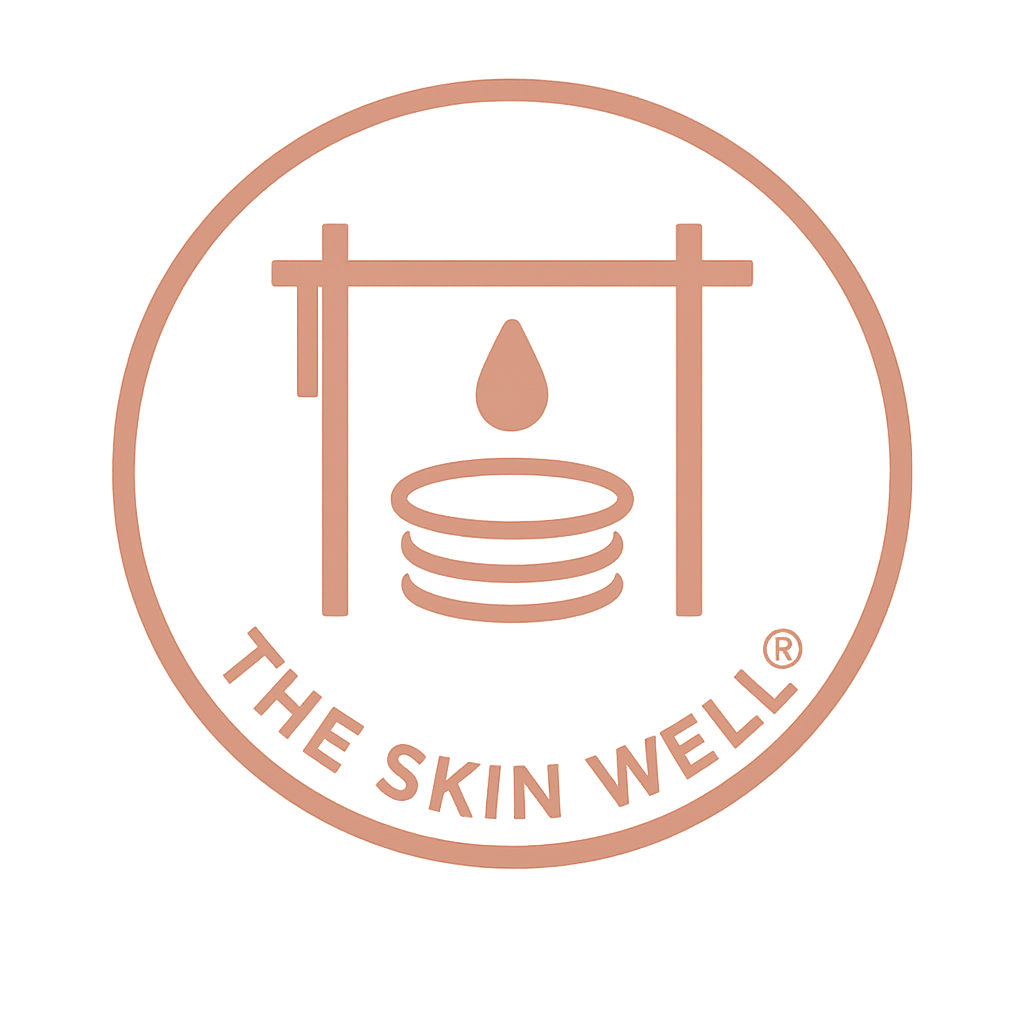Each scenario explores how skin can be meaningfully integrated into existing systems - across healthcare, education, government, strategy, and law.
You can start anywhere, but Scenario Zero sets the foundation.
While some scenarios touch on UK-wide issues, most focus on England, where devolved matters like health and education are shaped by UK Government departments acting in an England-only capacity.
Scenario Zero: Naming Skin in Public Health
Before anything can change, skin needs to be named. This scenario lays the foundation for all others, arguing that skin should be recognised as a core part of public health - not just cosmetic or clinical. From stress and air quality to nutrition and sleep, skin reflects how we live. Until it’s formally acknowledged, skin will remain overlooked in national health strategy.
Scenario One: Social Prescribing
Social prescribing offers a practical, scalable way to improve wellbeing - without relying solely on medication or diagnosis.
Skin conditions are deeply intertwined with physical and emotional wellbeing.
The Skin Well believes they belong in this model.
Scenario Two: The First 1000 Days
From conception to age two, skin health shapes immune development, microbiome balance, and future skin resilience.
And yet - skin isn’t mentioned once in the UK’s First 1000 Days parliamentary report.
No guidance is offered for parents whose children may be genetically predisposed to common skin conditions.
The Skin Well believes it’s time to include it.
Scenario Three: Policy at Every Level
What if every government department in England had to consider its impact on skin?
From housing and education to transport and health, the decisions made by government affect our skin in quiet, cumulative ways. But right now, skin isn’t part of the equation. It’s not tracked, measured, or prioritised.
The UK Government is currently developing long-term health strategies - like the 10-Year Health Plan, to shape future priorities and funding.
If skin isn’t named in the 10-Year Health Plan, how will it ever be funded, researched, or prioritised?
The Skin Well believes it’s time to change that.
Scenario Four: Education from the Inside Out
What if the beauty industry curriculum was guided by the Department of Health?
In England, skin therapists are trained through industry-led vocational frameworks with little or no input from public health experts. While clinical procedures are being regulated, the foundational education of those working daily with skin remains rooted in beauty standards, not health science. The Skin Well believes we must go deeper—starting with a shared, national standard that supports evidence-informed, preventative care and clarifies when to refer. Before we regulate who treats the skin, we must ask: who teaches people how to care for it?
Scenario Five: 224,000 Reasons for Regulation
What happens when a vital organ—and the professionals who care for it—are left out of national health messaging? This scenario explores the quiet absence of skin, and skin therapists, from public health frameworks.
More scenarios that could be explored:
Public Awareness: A Quiet Case for Knowing What We Really Do
Equal Access: A Quiet Case for Equal Access to Skin Support
Careers - A Quiet Case for Clear Career Paths and Progression
Research - A Quiet Case for Investment in Skin Health Research
Born Well - A Quiet Case for Intervention before Skin Goes Wrong
Skin and School Education - A Quiet Case for Skin Health in PSHE and Early Years Learning
The Law and Skin - A Quiet Case for enshrining Skin Health in Law
Because it’s time to stop treating skin health as optional - and start treating it as essential.
The Skin Well
A grassroots, evidence-aware initiative supporting public skin education.
👉 @theskinwell_
Disclaimer
A Quiet Case for National Skin Health is part of an independent advocacy series by The Skin Well. These pieces are written from lived professional experience and personal reflection. They are intended to raise questions, highlight gaps, and explore opportunities for public health improvement.
They do not replace professional medical advice, and they do not represent the views of the NHS or any governmental body.
It should not be used as a substitute for professional medical advice, diagnosis, or treatment. If you have concerns about your skin or health, please speak with your GP or a qualified healthcare provider.
I welcome constructive feedback. If you notice any information that may be inaccurate or outdated, please let me know so I can review and improve.
© 2025 Jacqui de Jager | The Skin Well® & The Happy Skin Clinic®
All rights reserved. This leaflet is for personal use and education only. It may not be reproduced, distributed, or adapted without written permission.
